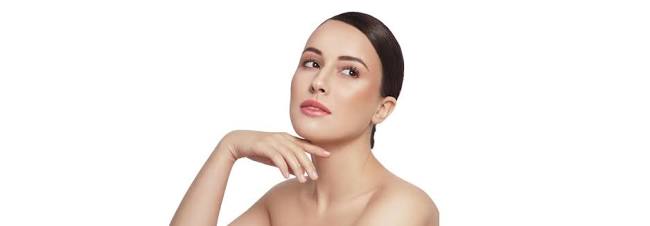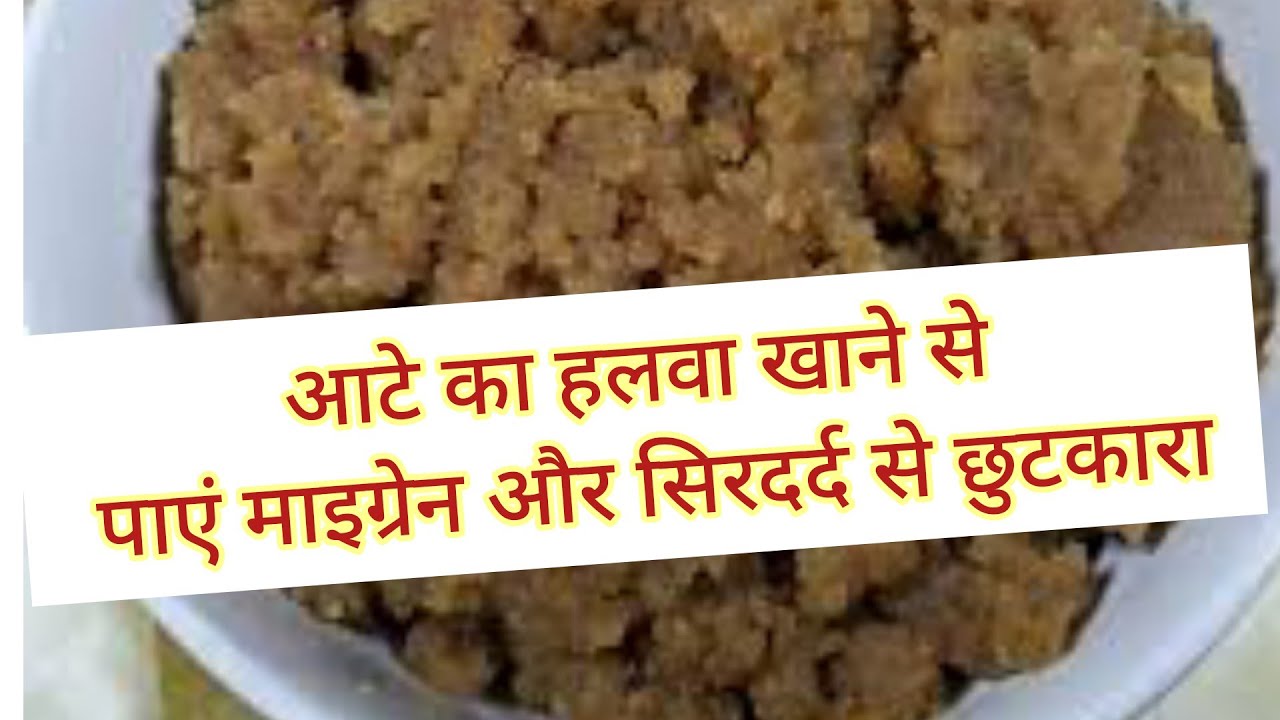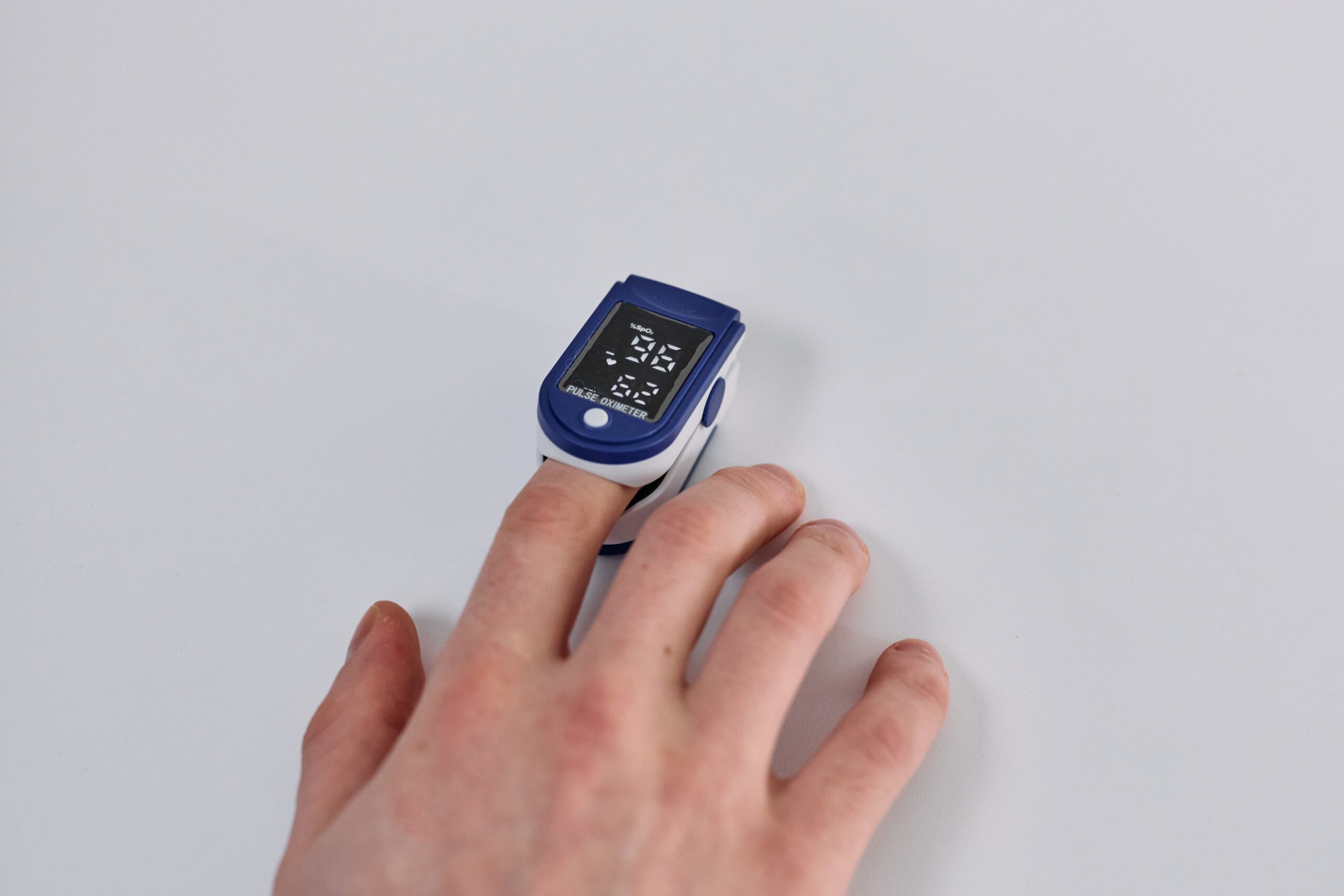Table of Contents
Hydrotherapy is a treatment that is done with the help of water. Water can be taken in hot or cold form.
12 Hydrotherapy Techniques Commonly Used
-
Hot Foot Baths
Local immersion of the feet and ankles in water at a temperature of 102-112 degrees F for 10-30 minutes.
-
Kneipp system
This technique involves the use of cold and hot water on the skin. The technique is done in a Kneipp bath which helps to improve the immune system.
-
Hydro-massage
It involves the use of warm water, which applies chemical, mechanical and thermal massage to the body. This helps to improve the circulation of blood, relieving pain and tension while relaxing the muscle. It is also used to treat insomnia, tendinitis, and multiple sclerosis. In addition, hydro-massage is also used to relieve and manage stress.
-
Colon Hydrotherapy
It is a technique that involves infusing warm water into the rectum. Colonic hydrotherapy is very helpful when treating patients with irritable bowel syndrome, digestive problems, indigestion and constipation.
The technique is painless and helps in washing out old and built-up waste in the colon. Colon therapy aims at improving the overall health of the digestive system. Note that, water used in colon hydrotherapy does not contain any drug, chemical or herb.
-
Baths & Showers
Baths and showers can be healthy and healing. A hot bath or shower can encourage relaxation, reduce stress and flush out toxins. Adding essential oils or herbs to the bath can enhance the therapeutic benefits.
-
Cold foot bath
Here the feet are immersed in cold water (up to the ankles) for around one minute. Cold foot baths provide relief to tired feet. It is also found to be effective against insomnia, headaches, sprains and varicose veins.
-
Compresses
Towels are soaked in warm and/or cool water and then placed on a particular area on the body. Cool compresses reduce inflammation and swelling, while warm compresses promote blood flow and ease stiff and sore muscles. It is an effective therapy for a sore throat, cold, flu, and sinus congestion when it is administered to the throat or feet. When the feet are treated, it is also known as warming socks or wet socks treatment.
-
Hip or Sitz Bath
A sitz bath involves two adjacent tubs of water, one warm and one cool. You sit in one tub with your feet in the other tub and then alternate. Sitz baths are recommended for haemorrhoids, premenstrual syndrome (PMS), and menstruation problems.
-
Steam bath or Turkish bath
Steam rooms are filled with warm, humid aid. The steam is said to help the body release impurities. Steam baths are used to treat bronchitis, asthma, skin problems, pain and allergies.
-
Sauna
The dry, warm air promotes sweating
-
Steam inhalation
Here water is boiled in a large pot. Steam inhalation provides relief from a sinus infection and nasal congestion. People with high blood pressure should avoid steam inhalation.
-
Full immersion bath
In this technique, the person is immersed in water (up to shoulder level) for around 20 minutes. The temperature of the water is maintained at around 90 degrees Fahrenheit. The water may be plain or it may contain herbs, salts or oils. This form of hydrotherapy produces relaxation. Hot tubs are sometimes also known as spas or by the trade name Jacuzzi.
Also Read:
- 12 Different types of Hydrotherapy
- Types, benefits and precautions with Hydrotherapy
- 11 Benefits of Hydrotherapy
- How to stay hydrated during workouts?
- Reasons Why You Shouldn’t Take a Chance on Unsafe Water
- 3 Super foods for Health
- Benefits of eating Green/Red Chillies/Mirchi
- Why junk food is not health?
- Add curd as super food in your diet
- Healthy sabudana khichdi recipe
- Milk for health & beautiful skin




